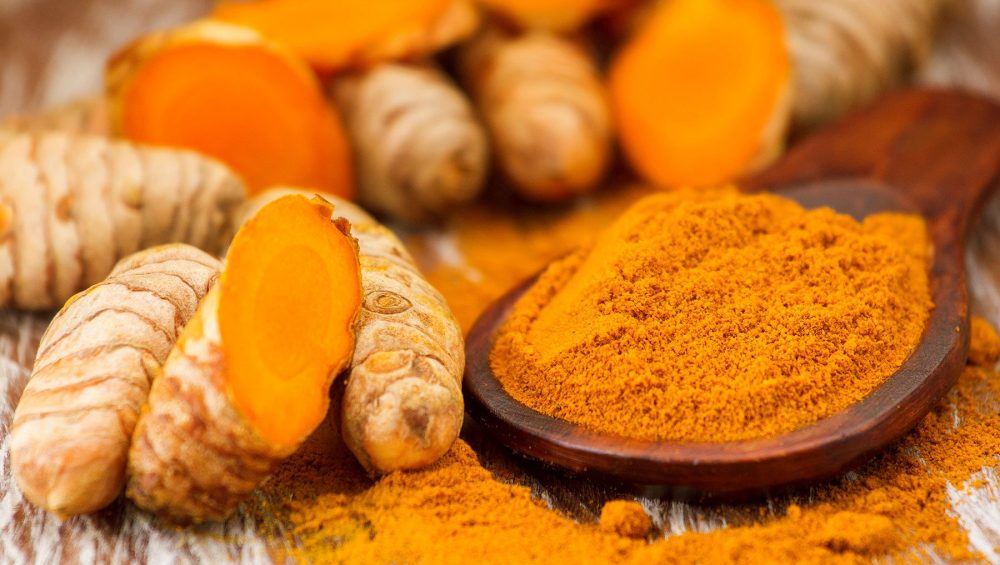Not familiar with turmeric? While you might not have a jar of the spice in your cupboard, it’s likely you are already acquainted. It’s what gives mustard and curry their vibrant coloring.
While a great addition to foods needing that golden hue, turmeric also has anti-inflammatory properties that benefit your health.
Registered dietitian Nicole Hopsecger, RD, discusses turmeric’s many benefits and shares advice on how to incorporate turmeric into your daily life.
What is turmeric?
Turmeric is a spice that comes from the root of the curcuma longa plant, which is a perennial in the ginger family. Its major active ingredient is curcumin. “Curcumin gives turmeric that yellowish color,” Hopsecger says. “But beware: It stains easily. Try not to get it on your clothing!”
Turmeric’s treasure lies in curcumin’s benefits. Curcumin has antioxidants and anti-inflammatory properties. Researchers are investigating whether it may help diseases in which inflammation plays a role — from arthritis to ulcerative colitis.
Turmeric health benefits
The spice, which is easy to add to smoothies and curries, shows promise when it comes to the following health benefits.
Lessens inflammation
For chronic conditions where inflammation starts to affect tissues in your body, taking turmeric may be beneficial.
In one study of patients with ulcerative colitis, those who took 2 grams of curcumin a day along with prescription medication were more likely to stay in remission than those who took the medicine alone.
“It won’t necessarily help during an active flare-up, but it may help prolong remission,” Hopsecger explains.
Improves memory
Another clinical trial showed that 90 milligrams of curcumin taken twice a day for 18 months helped improve memory performance in adults without dementia.
“Researchers thought that the reduction in brain inflammation and curcumin’s antioxidant properties led to less decline in neurocognition, which is the ability to think and reason,” Hopsecger says. “Curcumin may also have a role in preventing the development of Alzheimer’s disease — however, that’s an area where we need more research.”


